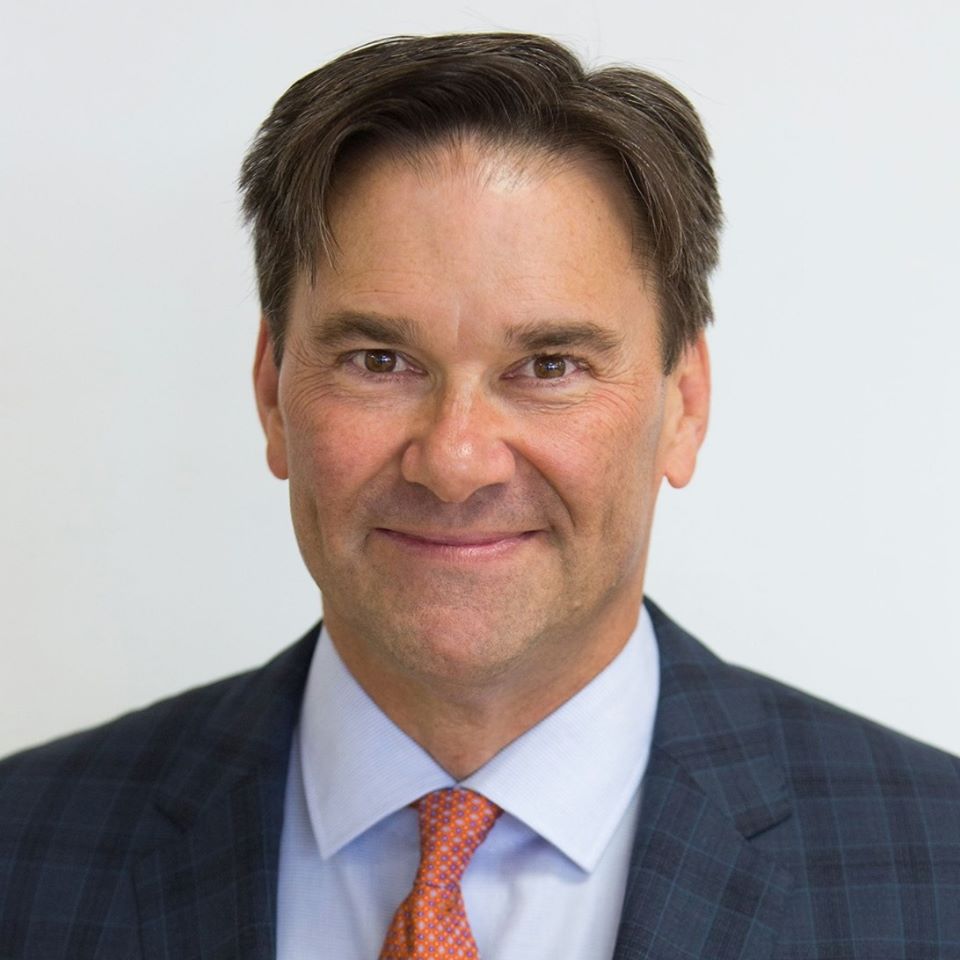COVID-19 shining a light on where we must do better

Subscribe to Catalyst
Subscribe to get our magazine delivered right to your inbox
Related Articles
Subscribe to Catalyst
Subscribe to get our magazine delivered right to your inbox
Related Articles
MP Don Davies on essential services, mental health care, and how we work
Don Davies, NDP health critic and member of Parliament for Vancouver-Kingsway, has long known the value of essential workers.
“My youngest daughter is 25, and she has diverse needs,” he explained, from his home in Vancouver where he’s been working remotely since the onset of COVID-19. “She works at the local grocery store, and nothing was going to stop her from doing her duty — not even a pandemic.”
Davies said that while the decision to continue working was entirely hers, as a parent he felt a natural unease. “We went over the risks, of course, but her job is extremely important to her. She thrives on routine and likes the social aspect. But more than that, she’s proud of her contribution, and that really gives her a sense of self-worth.”
Yet, as Davies is quick to point out, as a society we’ve devalued the contribution of essential work for far too long. “Whether it’s support workers in long-term care homes, food delivery people, or grocery store clerks like my daughter, as a collective, we’ve taken them for granted. I hope that a silver lining from COVID-19 will be the realization that these jobs are the opposite of menial. They are, without doubt, the most important.”
As far as Davies is concerned, this is just one of the many truths COVID-19 has revealed for us.
“The irony isn’t lost on me that it’s taken a physical health threat to expose the lack of affordable mental health care in this country. We are rightly proud of our doctor and hospital coverage. But now we have an opportunity to ask ourselves, Have we been operating in a stagnant 20th century system of care? Is this the moment in history to reimagine something that will serve us better over the next 100 years?”
Davies is confident that this shift in our mindset can go further than health care. He sees the shake-up born from the pandemic as a once-in-a-generation opportunity to challenge outmoded thinking across the board.
“Take workplaces, for example,” he said. “For so long many traditional sectors have resisted being more accommodating or offering work-from-home arrangements. Yet we’re seeing that people are often more productive with the added time and flexibility that comes from working at home. Of course, that’s not to downplay the reality of coping with double-duty for those with kids. But more generally speaking, I think this pandemic could revolutionize how and where we work.”
Davies has long been an advocate of the mental health benefits of a four-day work week and is convinced that progressive policies have the opposite effect than what many fear.
“The work we do shouldn’t be measured by how many hours we’re chained to a desk. It should be tied to outcomes. The more inspired you are to do your work, the quicker you’ll complete it, and the better it will be.”
Davies points to the rapid and innovative response to create virtual mental health services as an example of where inspiration and productivity have converged to make lightning-speed progress.
“We’re seeing a willingness, across jurisdictions, to jump in with both feet. We are seeing accomplishments take shape in weeks, versus the months or years that we’ve gotten used to.”
Overall, Davies is tremendously optimistic. That’s not to say he doesn’t acknowledge the very real concerns he has about re-opening the economy and how much we still have to learn about COVID-19.
“But if COVID has exposed our flaws for all to see — our lack of respect for essential workers, our patchwork of mental health services, our archaic attitude toward how we work — then it has also given us the extraordinary gift of opportunity.”
As he points out, you can’t fix problems if you refuse to see them.
“Let’s see what we can do with our eyes wide open.”
Suzanne Westover
An Ottawa writer and former speechwriter, and Manager of Communications at the Mental Health Commission of Canada. A homebody who always has her nose in a book, she bakes a mean lemon loaf (some would call her a one-dish wonder) and enjoys watching movies with her husband and 13-year-old daughter. Suzanne’s time with the MHCC cemented her interest in mental health, and she remains a life-long learner on the subject.




